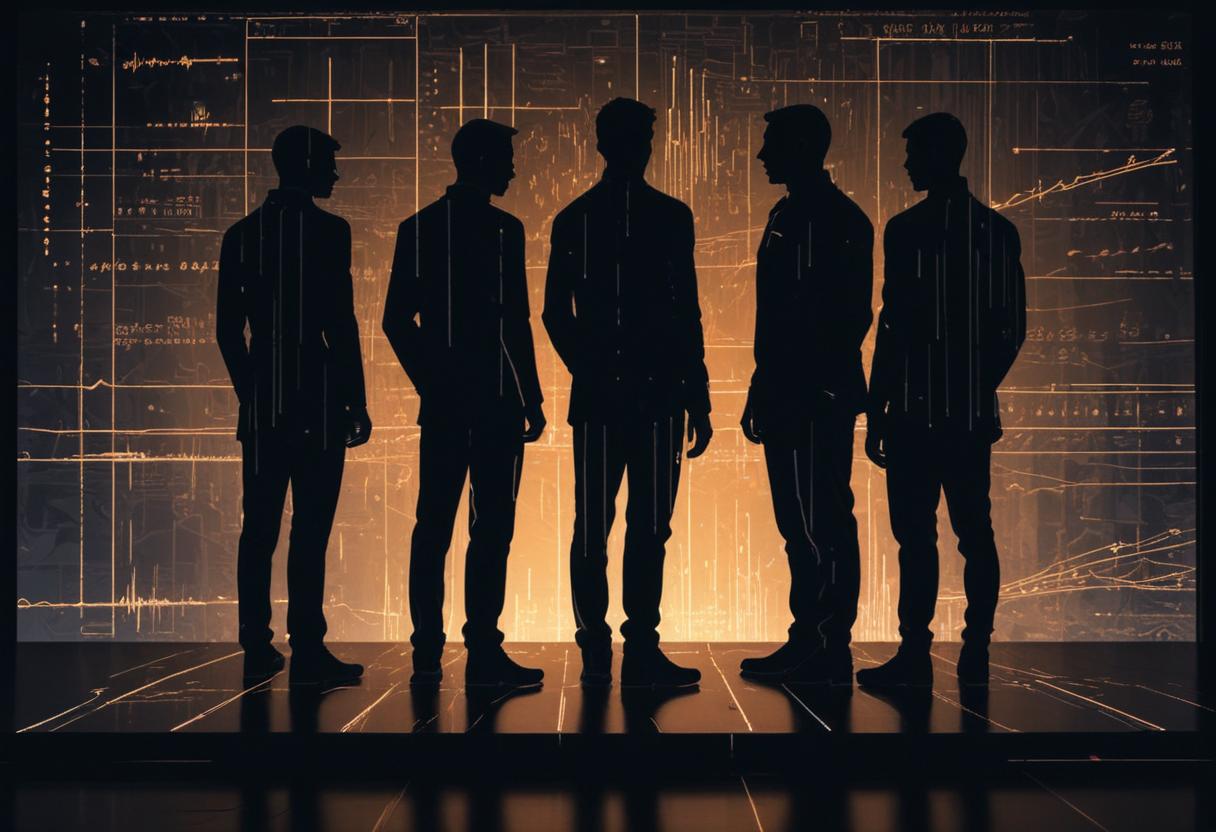
The United States Copyright Office has issued a significant call for new legislation to address the challenges posed by digital replicas, commonly known as “deepfakes.” This appeal comes as part of the initial installment in a series of reports focusing on the intersection of artificial intelligence (AI) and copyright law.
Released on July 31, the first part of the report emphasizes the need for a new law to combat the fast-evolving threat of digital fakery. The authors argue that:
“The speed, precision, and scale of AI-created digital replicas calls for prompt federal action. Without a robust nationwide remedy, their unauthorized publication and distribution threaten substantial harm not only in the entertainment and political arenas but also for private individuals.”
A Call for New Legislation
The office advocates for a law that is “narrower than and distinct from” current copyright infringement laws. This new legislation is necessary due to the unique risks and potential harm posed by digital replicas. The report highlights the vulnerability of both businesses and individuals to significant financial, reputational, and personal harm from deepfakes.
Shira Perlmutter, Register of Copyrights and Director of the US Copyright Office, reiterated these concerns in a press release:
“It has become clear that the distribution of unauthorized digital replicas poses a serious threat not only in the entertainment and political arenas but also for private citizens. We believe there is an urgent need for effective nationwide protection against the harms that can be caused to reputations and livelihoods.”
Addressing Individual Liability
The proposed new copyright law aims to extend beyond the commercial market to address the potential for individuals to harm one another with deepfakes. The report suggests that the law should cover the “distribution or making available of an unauthorized digital replica, but not the act of creation alone.” This distinction allows for the possibility that creating an unauthorized deepfake could be a legitimate part of a creative process for personal use. However, the creation itself could become a liability if done with malicious intent.
Implications and Future Reports
While the report’s findings are not legally binding, the Copyright Office plays a crucial role in advising the US government on copyright matters. It is anticipated that Congress and the incoming administration will consider the report’s recommendations seriously.
Future installments in this series of reports will delve into related issues, including the copyrightability of AI-generated works, the training of AI models on copyrighted materials, licensing considerations, and the allocation of potential liability.
This report marks a critical step in addressing the urgent need for protection against the growing threat of deepfakes, underscoring the importance of federal action to safeguard against their misuse.
Source: Cointelegraph

Comments